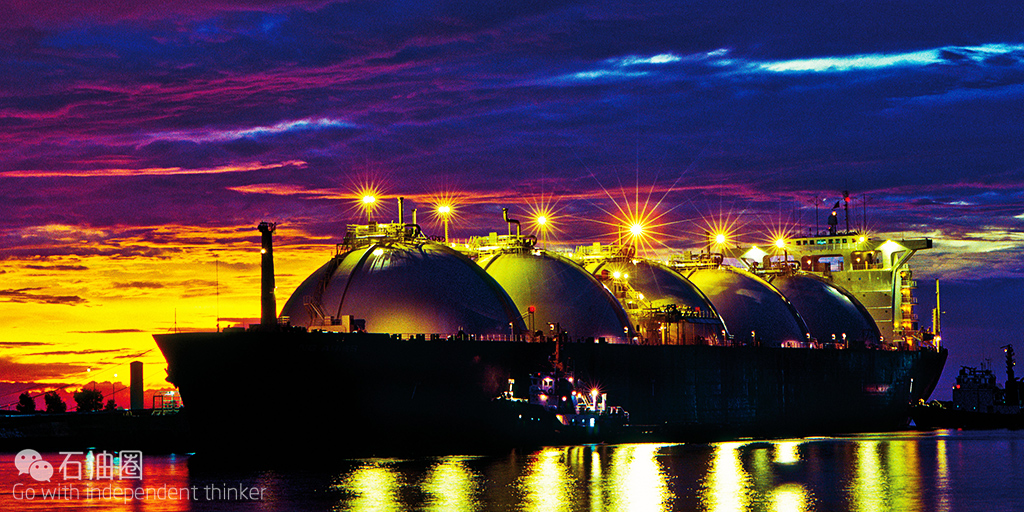No-one actually said that at the world’s biggest liquefied natural gas conference which started in the west coast Australian city of Perth earlier today but at least one keynote speaker came awfully close, and others warned that high cost “mega” projects were hurting the LNG industry.
Peter Coleman, chief executive of Woodside Petroleum, said it was important for the industry to get back to basics and that meant growing projects gradually rather than attempting to develop a full-scale project in one step.
Smarter Not Bigger
“Projects need to be smarter, they need to be phased, and they don’t always need to be bigger,” Coleman said.
He cited the North West Shelf development which Woodside manages for a consortium that includes Chevron Corporation and Royal Dutch Shell as an example of how best to “grow” a LNG project from a relatively modest start to world-class status over more than 30 years.
In a talk which he said was a “back to the future” proposal Coleman did not name other LNG projects, but he didn’t have to because everyone in the room knew he was talking about his own failed attempt to develop the Browse project in Australia’s northern waters, and Chevron’s $54 billion Gorgon project also off Australia’s north-west coast.
Good Manners Prevail
One reason Coleman did not name-names is that sitting alongside him was the chairman and chief executive of Chevron, John Watson, with a third chief executive, Ben van Beurden from Shell, making up the trio of initial industry speakers at the LNG18 conference which runs for three days.
Van Beurden has his own costly projects to worry about. One of Shell’s most ambitious, the floating LNG production vessel Prelude is reported to be up to two years behind schedule and well over its original budget.
The latest report on the Prelude barge, which is being built in Korea, is that its cost has risen by more than 50% from a $12.6 billion estimate in 2011 to $20 billion today.
Prelude’s problems, and the Gorgon cost blow-out, highlight the point Coleman was making; that LNG project costs are unsustainable at a time of low prices for oil and gas.
Korea Has A Cost Problem Too
But, the fact that one of the projects has had problems in Korea and the other in Australia cut some of the ground out from under Watson’s warning that it was Australia which has a problem.
The Chevron chief said that despite Australia having large gas reserves it faced future LNG competition from the U.S., Canada and East Africa.
“The message I would deliver to Australia is that it is a very competitive world,” Watson said, warning that costs in the Australian LNG industry were 40% higher than those in the Gulf of Mexico.
Gas Has Competition
Shell’s van Beurden was less pointed in his comments about costs and added another theme, the threat to gas from other fuels.
Low costs projects have a competitive advantage, he said, but: “costs also need to come down to make gas competitive with other sources of energy such as coal and renewables”.
LNG18 in Perth is the 18th time the conference has been held. It has attracted 6000 delegates and associates and is being attended by every major gas producing company in the world, including Russia’s Gazprom, Cheniere Energy, ConocoPhillips and ExxonMobil from the U.S., Inpex from Japan, Total from France, and Qatar’s Qatargas.
LNG19 will be held in the Chinese city of Shanghai in 2019, and St Petersburg in Russia will host LNG20 in the year 2022.


 石油圈
石油圈
